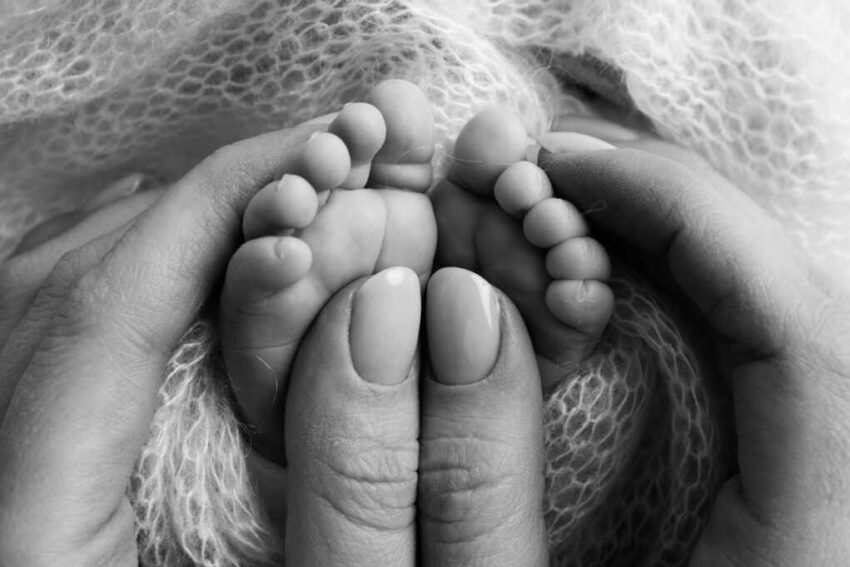An infant’s tragic death in Ontario has reawakened a public health nightmare, demanding action against plummeting immunization rates.
At a Glance
- A premature infant in Ontario died after contracting measles, though the virus is not confirmed as the cause of death.
- The measles outbreak in Canada, with Ontario at the epicenter, totals 2,755 cases.
- Lower vaccination rates among certain religious communities are exacerbating the situation.
- This would mark the first death associated with the outbreak if confirmed.
Measles Outbreak in Ontario
Ontario is at the center of a resurging measles outbreak, with the province logging nearly 2,000 cases of the disease. The outbreak raises alarms, especially after a premature infant’s death, shortly after contracting the virus from an unvaccinated mother. This wake-up call highlights the dangers of declining vaccination rates amongst certain religious communities. These groups include Mennonite, Amish, and other Anabaptist populations, already experiencing the brunt of this resurgence.
Measles, once declared eliminated in Canada in 1998, continues to devastate due to diminished vaccine uptake and international spread. The virus is particularly lethal for infants and those with weakened immune systems. Reports suggest unconfirmed complications from measles during pregnancy may have influenced the infant’s premature birth and death. Measles was a suspected contributor, but other unrelated medical conditions were also present.
Vaccine Skepticism Fueling Outbreak
The measles vaccine’s credibility faces scrutiny, fueled by misinformation and false claims regarding its safety. Figures like Robert F Kennedy Jr. have falsely attacked the MMR vaccine, casting doubt and impeding preventive efforts. Such rhetoric must be countered with facts, as measles can lead to serious health issues, including pneumonia, brain swelling, and even death. The current outbreak shines a glaring spotlight on the need for increased vaccine education and outreach, particularly in communities with historically low immunization rates.
“The infant contracted the virus before birth from their mother, who had not received the measles, mumps and rubella (MMR) vaccine” – Kieran Moore.
As the second-hardest-hit area, Alberta has confirmed 632 cases. The need for effective communication and community-specific intervention cannot be overstated. Correcting misconceptions about the vaccine’s safety is critical to preventing further incidents and ensuring a robust defense against recurring outbreaks.
North American Implications
While Ontario grapples with its measles crisis, the United States mirrors these challenges. South of the border, particularly along the Texas-New Mexico region, Mennonite groups exhibit similar vaccine skepticism, intensifying risks. Such realities command attention as health officials on either side of the border navigate these epidemiological threats.
“Disproportionately affecting some Mennonite, Amish, and other Anabaptist communities” – Kieran Moore.
The intricate global tapestry of disease control necessitates cooperation across borders to maintain public health. The resurgence and corresponding fatalities beckon a return to common sense in understanding vaccines’ pivotal role in safeguarding against such preventable diseases. The urgency for collective action and sensible policies becomes all the more imperative in mitigating such health crises.
Click this link for the original source of this article.
Author: Editor
This content is courtesy of, and owned and copyrighted by, https://republicanpost.net and its author. This content is made available by use of the public RSS feed offered by the host site and is used for educational purposes only. If you are the author or represent the host site and would like this content removed now and in the future, please contact USSANews.com using the email address in the Contact page found in the website menu.








